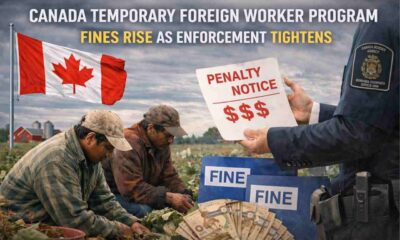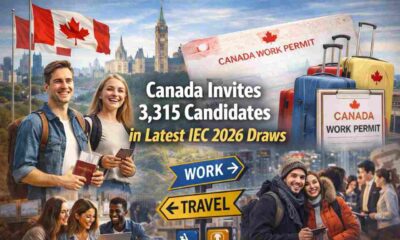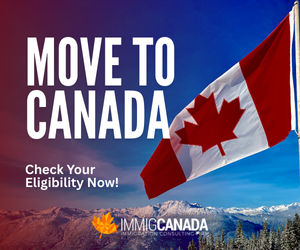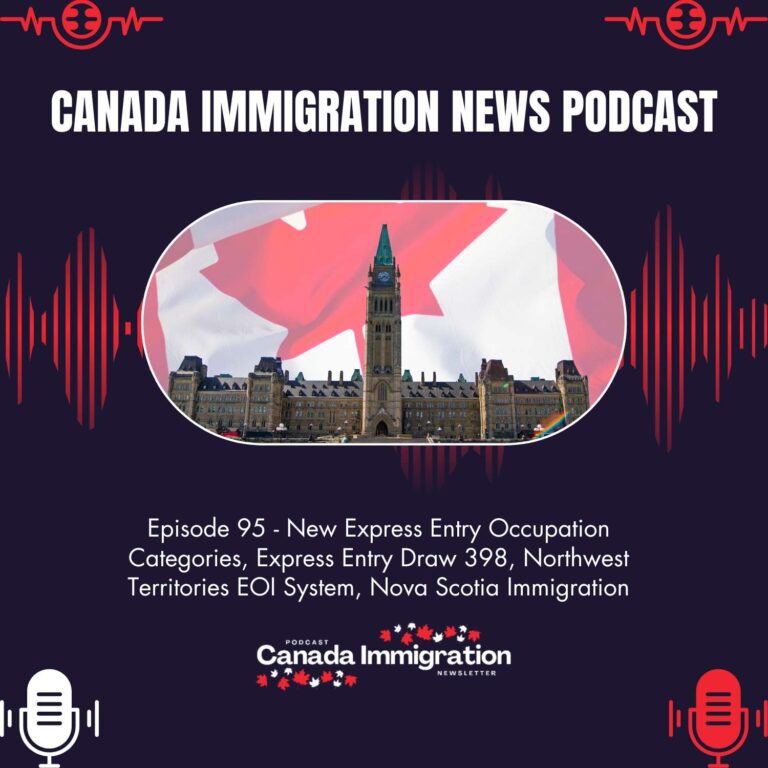Study in Canada
Canada Broadens Work Designations for Partners of Full-Time Students

Canada’s recent changes to its Immigration and Refugee Protection Regulations (IRPR) mark a significant step forward in supporting international students and their families. On May 22, 2024, it was announced that these updates, effective from April 30, 2024, will expand work designations for spouses or common-law partners of full-time students. This change is set to provide more opportunities for partners of international students, enabling them to work and contribute to the Canadian economy while supporting their families.
Canada Work Designations for Partners
- Graduate and Professional Degree Programs – Under the new regulations, spouses or common-law partners of full-time students enrolled in graduate programs (such as master’s and doctorate) or professional degree programs (including medicine, dentistry, and law) are now eligible for work permits. This inclusion allows partners to secure employment while their spouses or partners pursue advanced studies, providing financial stability and helping them integrate into Canadian society.
- Eligible Pilot Programs – The expansion also includes spouses or common-law partners of students in eligible Canada pilot programs administered by a province or territory. These pilot programs are often designed to address specific regional labor market needs and provide students with practical, hands-on experience in their field of study.
Extension of Work Permits
Additionally, spouses or common-law partners who already hold a valid Canada open work permit under the C42 category can now extend their work permits. This extension applies to those whose partners are full-time students in post-graduation work permit (PGWP) eligible programs at designated learning institutions. This provision ensures that partners can continue working without interruption, supporting their families while contributing to the Canadian workforce.
Important Dates and Eligibility Criteria
Applications Before March 19, 2024
Applications submitted before March 19, 2024, will be processed under the previous rules. The principal foreign national must hold a valid study permit, be enrolled in a full-time program at a designated learning institution, and reside in Canada while studying.
Applications Between March 19, 2024, and April 29, 2024
For applications received between these dates, the principal foreign national must meet additional criteria. They must be enrolled in a graduate program or a professional degree program at a university or polytechnic institution, such as a Doctor of Medicine (MD) or Bachelor of Law (LLB, JD). The principal must also reside in Canada during their studies.
Applications On or After April 30, 2024
Applications received on or after April 30, 2024, must meet the most recent criteria. The principal foreign national must hold a valid study permit and be enrolled in a full-time graduate or professional degree program or an eligible pilot program. They must also reside in Canada during their studies. This ensures that spouses or common-law partners can work and support their families while living in Canada.
These updates are part of Canada’s broader strategy to enhance the competitiveness of its academic institutions and economy. By allowing spouses and common-law partners of international students to work, Canada has become a more attractive destination for international students. This policy not only supports the students but also integrates their families into Canadian society, fostering a more inclusive and diverse community.
Application Process and Additional Information
- Applicants must be in a genuine relationship with the principal foreign national to be eligible for an open work permit.
- They must also meet specific residency and eligibility criteria depending on the date of application submission.
The expansion of work designations for spouses and common-law partners of full-time students is a positive development for Canada’s immigration policies. It supports international students and their families, enhances the appeal of Canadian educational institutions, and contributes to the Canadian economy.
By allowing partners to work, Canada fosters a more inclusive and supportive environment for international students, ensuring that they and their families can thrive during their stay in the country. In summary, the new regulations expand the Canada work designations for partners of full-time students, providing them with valuable opportunities to work and contribute to the economy. This change is set to benefit thousands of international student families, making Canada an even more attractive destination for higher education.
























